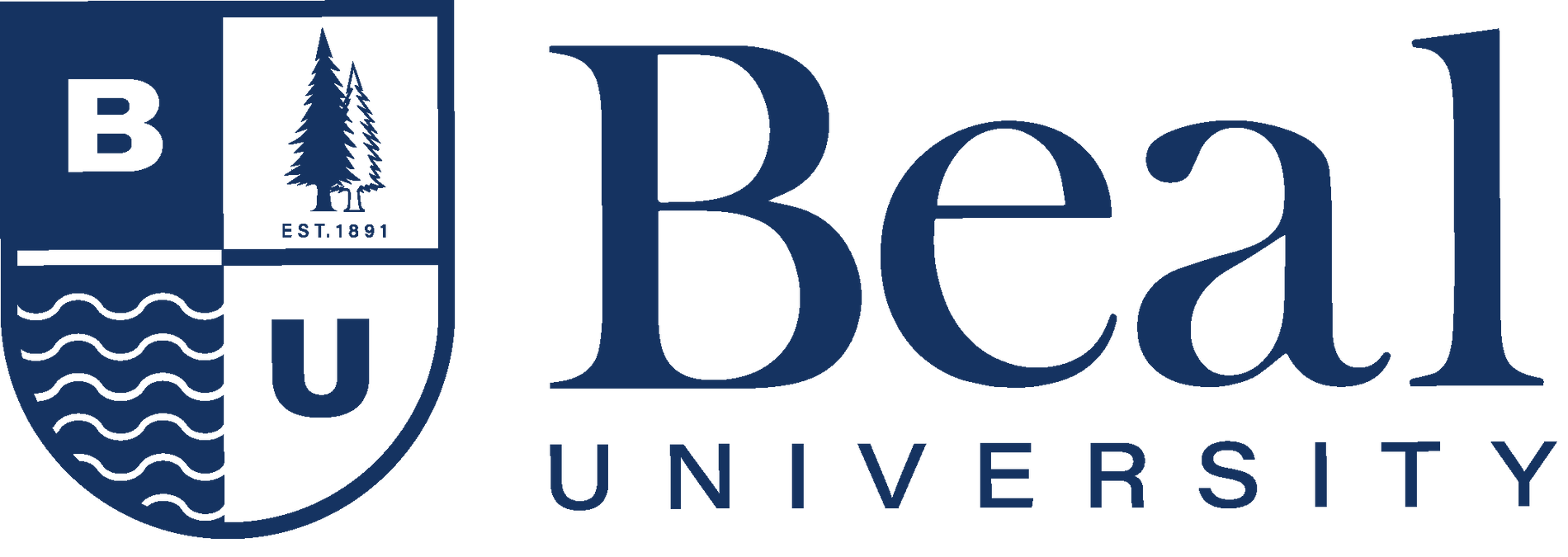
Biomedical science is interdisciplinary which fosters a holistic understanding of healthcare. Consequently, biomedical science graduates are positioned to be valuable contributors to various industries. The ability to integrate scientific knowledge with communication, business, and technology makes biomedical science degree holders sought after in fields that extend far beyond the laboratory.
While the field of biomedical science is well-known for careers in research and healthcare, the degree’s versatility extends beyond the obvious paths. Here, we explore seven lesser-known career options for biomedical science degree holders.
1. Regulatory Affairs Specialist
Biomedical science graduates can find themselves thriving in regulatory affairs, ensuring that healthcare products comply with governmental regulations. Their deep understanding of biological processes and research methodologies uniquely qualifies them to navigate the complex landscape of regulatory compliance.
2. Clinical Data Manager
In the era of big data, biomedical science graduates can pursue roles as clinical data managers. They are responsible for organizing, validating, and analyzing clinical trial data. Their scientific acumen allows them to ensure the accuracy and integrity of data crucial for advancing medical research.
3. Biotechnology Business Development Manager
Biomedical science graduates possess the expertise needed to bridge the gap between science and business. Business development managers in the biotechnology sector leverage their scientific background to identify opportunities, negotiate collaborations, and drive the growth of innovative biomedical technologies.
4. Health Informatics Specialist
With a growing emphasis on digital health, biomedical science graduates can specialize in health informatics. They work on the intersection of healthcare and information technology, managing and analyzing health data to improve patient care, streamline processes, and enhance overall healthcare systems.
5. Medical Illustrator
Combining artistic skills with biomedical knowledge, graduates can pursue careers as medical illustrators. They visually communicate complex medical concepts through illustrations, animations, and multimedia. This creative profession contributes to educational materials, scientific publications, and patient communication.
6. Biomedical Engineer
While the connection might seem obvious, the breadth of opportunities in biomedical engineering is often overlooked. Graduates can apply their knowledge to design medical devices, improve diagnostic tools, and contribute to the development of cutting-edge healthcare technologies.
7. Infection Preventionist
Biomedical science graduates can play a pivotal role in preventing and controlling infections within healthcare settings. As infection preventionists, they apply their understanding of microbiology and disease transmission to develop strategies that safeguard both healthcare professionals and patients.
The versatility of a biomedical science degree lies in its foundational curriculum, which covers biology, chemistry, genetics, and research methodologies. Graduates emerge with a solid education in critical thinking, problem-solving, and scientific inquiry. This allows them to adapt to diverse professional environments beyond traditional roles.
Is Beal University Right for You?
Are you interested in any of the careers listed above? Then learn more about the 34-month Bachelor of Science program in Biomedical Science from Beal University. All of Beal’s programs are adaptable, flexible, and agile allowing you to finish faster and put your education to work immediately.
To learn more fill out the form and receive more information. A friendly Beal University Career Advisor can answer career questions, guide you to our virtual tour, and get you helpful financial aid information. Get the answers you need to discover the perfect career path for you.
